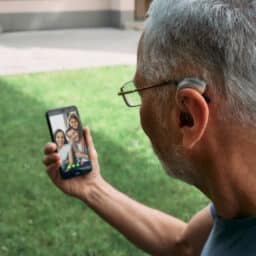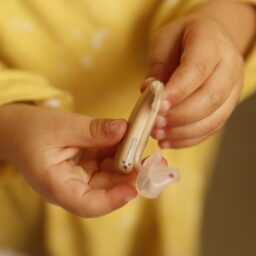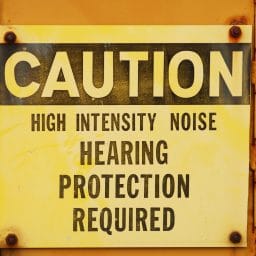Can Stress, Viruses, or Allergies Cause Hearing Loss?

Hearing loss is an incredibly complex health condition, and it can be connected to a surprising number of things. Some things that can cause hearing loss that may surprise you include stress, viruses and allergies. Let’s discuss these three, as we’re in the middle of flu season and the beginning of allergy season is coming…
How to Prepare for Your First Audiology Appointment

Your first hearing appointment is scheduled and coming up. How exciting! You may be wondering what to expect and how to prepare for it, so we’ve compiled a handy guide for you in the lead-up to your audiology appointment. Do Some Research You can be sure that you and your audiologist will discuss hearing loss…
Exploring the Connection Between Hearing Health and the Thyroid

The thyroid—a gland located in the neck—plays a central role in many of the body’s functions, affecting almost every organ system: cardiovascular, nervous, digestive and even reproductive. With its wide influence, it’s not surprising that a thyroid disorder could impact hearing, and there’s an increasing amount of research suggesting that it does. The Thyroid The…
The Hidden Benefits of Wearing Hearing Aids

When people think about hearing aids, they often focus on the obvious benefit of being able to hear more clearly. But, for the nearly 28.8 million Americans who could improve their quality of life with hearing aids, these devices offer advantages that go far beyond sound. From strengthening social connections to enhancing brain function, hearing…
How to Help Your Child Keep Their Hearing Aids On

When your child first begins wearing hearing aids, it’s common for them to feel hesitant or uncomfortable. However, by using some strategies to ease them into the experience, you can help them get accustomed to their hearing aids and enjoy the benefits they provide. Ensuring Hearing Aids Are Comfortable Before putting the hearing aid on,…
Ear Tubes: A Solution for Reoccurring Ear Infections in Children

Ear infections are the most common reason parents bring their children into the doctor’s office. Caused by a buildup of fluid and bacteria in the middle ear, the signs of an ear infection in children include pulling at the ears, fussiness, trouble sleeping, fever, fluid drainage, balance problems and hearing loss. Ear infections may be…
What is Noise Induced Hearing Loss?

Noise induced hearing loss is the second most common form of hearing loss (ranking behind presbycusis, hearing loss related to normal aging), and is the most preventable type. How Can Sounds Hurt Your Ears? Background sound is a constant in our busy lives. Normally, background noises are at safe levels that won’t impact our hearing….
What is Unilateral Hearing Loss?

What is Single Sided Deafness? Sometimes referred to as unilateral hearing loss, single sided deafness is a condition in which an individual experiences hearing loss in only one ear but can hear normally out of the other ear. While the majority of patients with a hearing impairment suffer from bilateral (two-sided) hearing loss, SSD is…
What is Sudden Hearing Loss?

For most people who experience hearing loss, the condition comes on gradually over a period of years. In rare cases, an abrupt loss of hearing occurs with little or no warning. This condition is known as sudden sensorineural hearing loss (SSHL). What is Sudden Deafness? Sudden deafness is defined as a hearing reduction of 30…
Hearing Protection

We are exposed to sound on a daily basis. Volume levels vary considerably, and can easily exceed 85 decibels (dB) – the threshold that is considered safe. Any prolonged exposure to noise exceeding this is harmful and can cause permanent, irreversible hearing loss. Excess noise exposure isn’t the only cause of hearing damage. Diseases, drugs and…